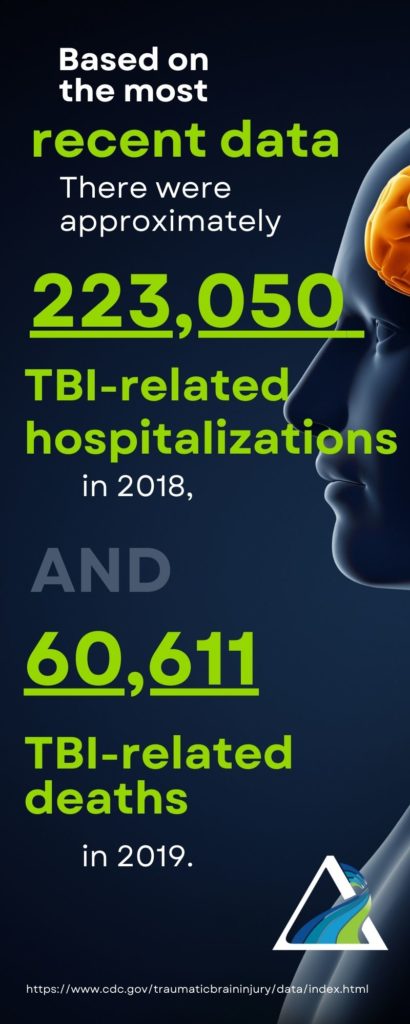We are all at risk of a fall. Activities of daily living may increase our odds. Here are important facts to know.
A concussion is considered a mild brain injury. One may be sustained at work, in sports, activities, and at home. Whether old or young, healthy or with illness, we are all at risk.
• Can a fall cause a concussion?
Yes, as well as muscle and skeletal injuries such as a broken bone, bruising and swelling.
• Who can incur a concussion from falling?
Anyone, but falls are the leading cause of the head injury in the elderly population.
• Are concussions serious?
Yes. A concussion is a type of traumatic brain injury. It is caused by a bump, jolt, or blow to the head neck, or body.
• What are common symptoms of a concussion after a fall?
Emotional, behavioral, cognitive, vestibular, and sleep changes are common symptoms.
• How are concussions treated?
Most will resolve on their own within the first 1-2 weeks. For those that don’t, physical therapy can help with recovery.

Can a fall cause a concussion?
A fall may cause a concussion as well as a broken bone, bruising and swelling.
Falling on its own does not cause the injury. Rather a concussion occurs due to the head moving rapidly back and forth, and the translation of the forces to the brain.
The Centers for Disease Control (CDC) describes a concussion as a type of traumatic brain injury. Typically, the injury occurs due to a bump, blow, or jolt to the head. It is a functional injury, which means it is not going to show up on a CT or MRI.
The actual cause is due to the change in the chemicals that help the brain to function.
Who can incur a concussion from falling?
Anyone can incur the trauma however, falls are the leading cause of concussions in the elderly population. Falls themselves are associated with higher risk for mortality and admittance to hospitals or skilled nursing facilities (SNF).
It’s important to identify if you or someone you know is at risk of falling and to understand preventive strategies.
People associate concussions with athletes participating in high impact sports. While athletes in contact sports are at an elevated risk, concussions from falls can happen at home as well. Both may lead to unexpected visits to the emergency department for medical care.
Falls can happen when walking down stairs, crossing thresholds, entering or exiting the bath or shower, or on a hardwood floor. Outside, a fall can occur while walking on icy or wet surfaces, or anywhere footing is unstable.
Are concussions serious?
A concussion is a very serious injury. Concussions may have short-term effects, long-term effects and repeated concussions, or be fatal. Short-term effects are discussed in the next section.
Long-term effects may result in head and brain disorders. Disorders like chronic traumatic encephalopathy (CTE), and others can impact our ability to perform work and daily lifestyle activities.
What are common symptoms of a concussion after a fall?
Common symptoms and short-term effects of a concussion include emotional, behavioral, cognitive, vestibular, and sleep changes.
Examples of behavioral changes may include being more emotional such as crying more and getting frustrated easily.
Cognitive symptoms may include difficulty remembering, focusing, or brain fog.
Vestibular symptoms may include dizziness, feelings of the room spinning, or difficulty with balancing.
Muscle and skeletal symptoms may include neck pain or tightness, and headaches. Other symptoms include difficulty sleeping or staying asleep, and sensitivity to light and sound.
Signs and symptoms of a concussion can be difficult to recognize. It is beneficial to understand concussion management and protocols. These should include how to tell if you or someone close to you has a concussion.
How are concussions treated?
Most concussions resolve on their own within the first 1-2 weeks.
For those that don’t, physical therapy can help facilitate improvement. It is important to find a physical therapist who has taken coursework or is certified in concussions.
Concussion programs should include assessment and treatment. Cognition, balance, the vestibular system, and the muscle and skeletal systems should all be evaluated.
Preventive options
The solution to balance issues is straightforward. Increasing daily movement in a gradual but challenging way is key. Moving away from a sedentary lifestyle has immense benefits for everyone. The benefits increase in importance as we age.
It is also recommended to remain aware of your surrounds and keen to changes within your environment. Humans are creatures of habit, and change can disrupt a routine and present vulnerability.
Major lifestyle changes, like the COVID-19 pandemic highlights need to assess your risks to prevent falls. Other lifestyle changes may include beginning a new activity, going on vacation, or rearranging your home.
Wherever your next step in life takes you, remember to be conscious of it. Staying active is a good preventive measure. Also, planning regular visits with a physical therapist can ensure you are progressing your movement health accordingly.
